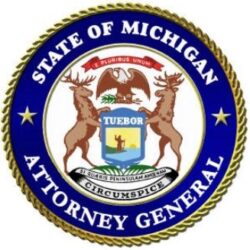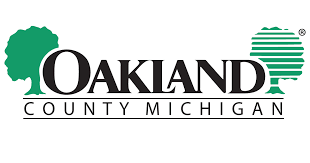
AG Investigation Results of Contact-tracing Contract

Media Contacts: Kelly Rossman-McKinney FOR IMMEDIATE RELEASE: AG Nessel Releases Investigation Results of Contact-tracing ContractLANSING — Michigan Attorney General Dana Nessel today released a 29-page report outlining the findings of her department’s criminal investigation into allegations that the Department of Health and Human Services (DHHS) unlawfully directed the procurement of a contract for COVID-19 contact-tracing to an alleged political ally. The investigation was requested by Michigan State Senator Jim Runestad on April 28, 2020, although he did not provide the department with any information, documents or other evidence to further the investigation. A team of three criminal investigators and four assistant attorneys general with expertise in criminal and/or procurement law conducted numerous interviews with 17 individuals and obtained and reviewed thousands of emails and other documents as part of the investigation. Following a thorough review of all physical evidence collected and all statements taken, the Department of Attorney General found no evidence of criminal conduct, specifically stating that “It is our recommendation that any request for criminal charges arising from the procurement of the contract to perform contact-tracing for COVID-19 positive cases … be denied ….” “I appreciate the concern raised by Sen. Runestad but I also appreciate the reality under which this contract was pursued,” said Nessel. “With the benefit of hindsight, there may have been a better way to accomplish the Department’s ultimate purpose but we found no evidence of criminality. Instead, it appears the imperfect process used here was mainly a result of the Department’s attempt to get a contact-tracing program underway as quickly as possible in light of the dire public health crisis.” A copy of the report – which can be found here – has been provided to Sen. Runestad, Governor Whitmer, and Department of Health & Human Services Director Robert Gordon. A copy of the Attorney General’s letter to Sen. Runestad is available here. |





